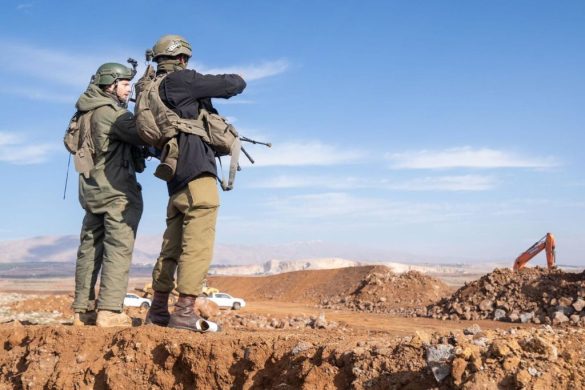Omtalen af programsamarbejdslandet Bhutan i det amerikanske udenrigsministeriums årsrapport for 2004 om menneskerettighedernes stilling verden over.
Although Bhutan is ruled by a hereditary monarchy, in recent years, the Government adopted some measures to increase the power of the National Assembly.
Civil liberties are severely limited as the Government restricts freedom of speech, press, assembly and association, and the formation of non-governmental organizations (NGOs). The Government also prohibits the formation of human rights organizations and political parties.
Freedom of religion is restricted. Although there is no written constitution to protect fundamental political and human rights, the Government is currently soliciting comments from international legal experts on the second draft of a proposed constitution.
In 2003, the National Assembly vigorously debated a broader variety of topics that included the national budget, the addition of new ministries and the governments policy on refugee return. In early 2003, local village leaders elected representatives to the National Assembly for those positions not appointed by the Government.
The U.S. human rights and democracy strategy for Bhutan has focused largely on the issue of Bhutanese refugees of ethnic Nepali descent who left Bhutan for Nepal in 1991-1992.
U.S. efforts have been limited by the absence of diplomatic relations with Bhutan and an official mission in Thimphu. However, the Embassy significantly increased its interaction with the Government during 2003 by encouraging human rights improvements in Bhutan and the development of democratic institutions.
Embassy officers engaged the Government and other interested parties, including donor countries, the United Nations and NGOs, regarding the plight of approximately 100.000 Bhutanese refugees in Nepal.
Through active discussions with Bhutanese government officials, the Embassy has encouraged progress on this issue and suggested ways to resolve the situation, some of which have been implemented.
The Ambassador traveled to Bhutan in 2003 and addressed human rights concerns in meetings with the King, Prime Minister, Foreign Minister and other high-ranking officials.
An embassy officer visited Thimphu in October 2003 and discussed human rights, constitutional and political reform and domestic concerns such as health, labor, unemployment and education with Bhutanese officials, offering suggestions where appropriate.
In January 2004, a delegation from Washington traveled to Thimphu and discussed the status of preparations for the repatriation of Bhutanese refugees to Bhutan. The Embassy (in New Delhi) maintained regular contact with the International Committee of the Red Cross, encouraging its further interaction with the Government.
The Embassy continues interaction with NGOs and human rights activists concerned with Bhutan. In addition, the Embassy worked with the Bhutanese Royal Civil Service Commission to sponsor six Bhutanese government officials to participate in an International Visitor program in 2003 on good governance, conflict management and prevention, religious freedom and protection of human rights.
The Embassy also sent one Bhutanese national to the United States via the Fulbright Scholarship Program.
Kilde: Det amerikanske udenrigsministerium















